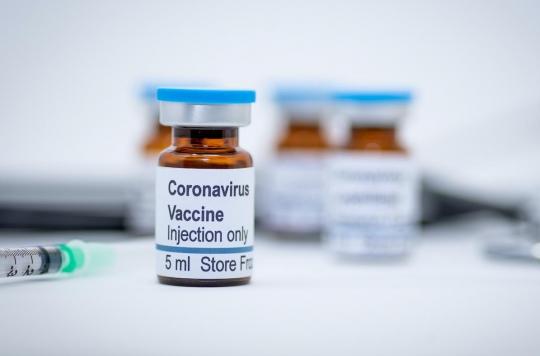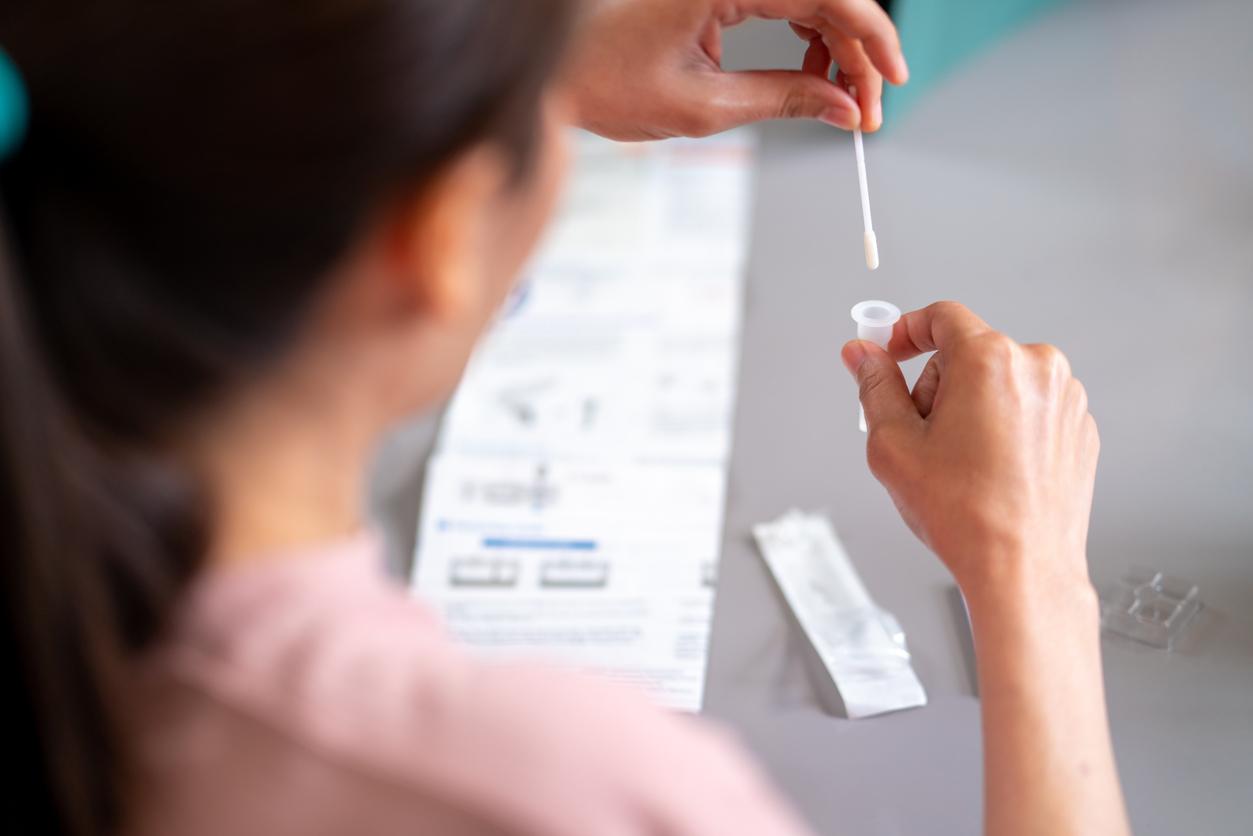The results of phase 1 of the vaccine candidate developed by the German biotech CureVac showed an immune response in humans. At the same time, a treatment developed by other German researchers made it possible to limit the replication of the coronavirus in vitro.

- The vaccine candidate developed by CureVac will soon be tested on a cohort of nearly 30,000 volunteers after the first encouraging results.
- The treatment developed by researchers from various German universities blocks the replication of the virus as soon as it enters the cells.
- This treatment relies on aprotinin, a molecule used to regulate blood loss during operations, which can be dangerous for some patients.
The race for the vaccine and treatment against Covid-19 is accelerating and becoming clearer. The latest advances should be noted in Germany, where a vaccine candidate and a treatment have shown positive effects against the disease. The experimental vaccine is being developed by biotech CureVac, which has just announced initial encouraging results with the triggering of an immune response in humans. Regarding the treatment, tested by scientists from several German universities based in Frankfurt, it showed a limitation of the replication of the virus in vitro.
Clinical trials on 30,000 participants launched by the end of the year
“We are very encouraged by the interim Phase I data”, welcomed the managing director of CureVac Franz-Werner Haas in a press release published on November 2. The candidate vaccine, dubbed CVnCoV, triggered an immune response in humans. These results should lead the laboratory to launch trials on approximately 30,000 participants before the end of the year. As a reminder, the laboratory is supported by the German investor Dietmar Hopp, the Gates Foundation and GlaxoSmithKline.
The results showed in the volunteers a level of antibodies similar to that of people who recovered from a severe form of Covid-19. The candidate vaccine works from messenger RNA (mRNA), a molecule that allows the human body to create viral proteins that will trigger an immune response. It is an approach similar to that used by the Moderna, BioNTech and Pfizer laboratories, which began large-scale clinical trials at the end of last July.
Aprotinin, an encouraging but dangerous molecule
The treatment tested by researchers from various German universities has shown its ability to inhibit the replication of the virus in vitro. This treatment is based on the antiviral activity of aprotinin, a molecule used to regulate blood loss during operations, particularly for cardiac and orthopedic surgeries. Its action on SARS-CoV-2 occurs as soon as the virus enters the cell by preventing its replication and reducing its cytopathic effect. The researchers imagine a use by a spray which diffuses aprotinin in the airways at the start of the infection.
Additional research must be carried out on this molecule which has already shown significant side effects in the past. It would be the cause of serious and frequent allergies and was banned between 2008 and 2018 after a study showed excess mortality in patients treated with this molecule during heart surgery. In addition, thromboses and other blood disorders have been reported in patients infected with Covid-19 and aprotinin could aggravate these problems. This treatment may not be suitable for all patients.

.
















